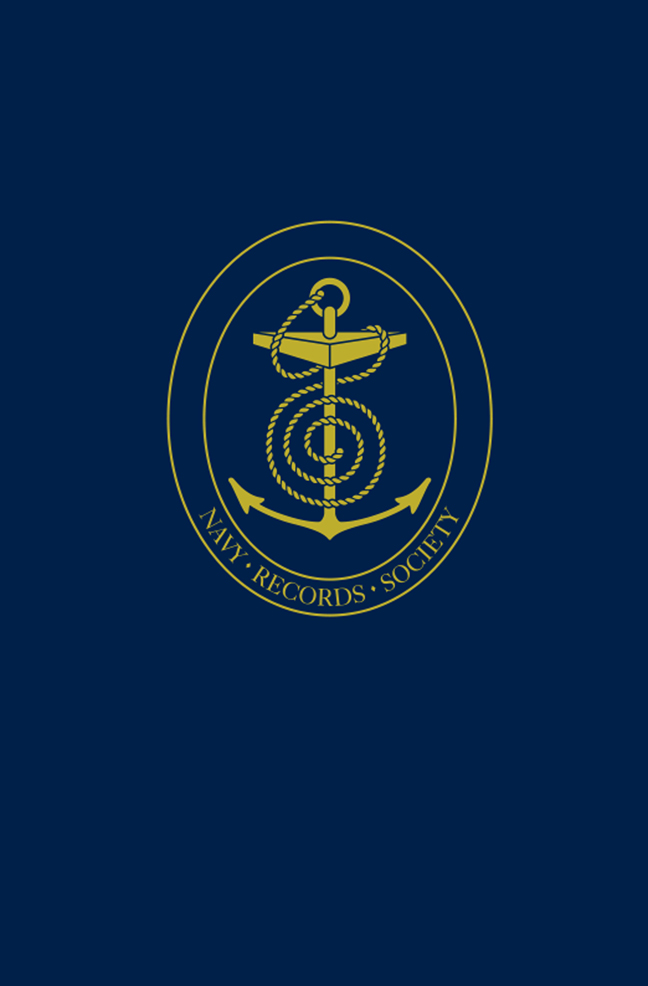 The Cunningham Papers
The Cunningham Papers Book contents
- Frontmatter
- Dedication
- Contents
- Miscellaneous Frontmatter
- List of Maps and Illustrations
- Preface
- Acknowledgements
- Glossary of Abbreviations
- Chronology of the Life and Career of Admiral of the Fleet Viscount Cunningham of Hyndhope
- A Brief Bibliography
- Part I The British Admiralty Delegation, Washington, D.C., March to September 1942
- Part II Return to the Mediterranean
- Part III First Sea Lord
- List of Documents and Sources
- Index
- Miscellaneous Endmatter
Part II - Return to the Mediterranean
Published online by Cambridge University Press: 05 March 2024
- Frontmatter
- Dedication
- Contents
- Miscellaneous Frontmatter
- List of Maps and Illustrations
- Preface
- Acknowledgements
- Glossary of Abbreviations
- Chronology of the Life and Career of Admiral of the Fleet Viscount Cunningham of Hyndhope
- A Brief Bibliography
- Part I The British Admiralty Delegation, Washington, D.C., March to September 1942
- Part II Return to the Mediterranean
- Part III First Sea Lord
- List of Documents and Sources
- Index
- Miscellaneous Endmatter
Summary
SECTION A
‘TORCH’:
THE LANDINGS IN NORTH AFRICA JULY 1942–MAY 1943
Operation ‘Torch’, a series of Anglo-American landings in North Africa in November 1942 designed to clear the southern shore of the Mediterranean of Axis forces, was a great success, but its origins were marked by deep division between American and British military leaders. The source of their dispute lay in their nations’ differing strategic traditions. The Americans plunged straight for the enemy's heart but the British preferred an indirect approach, wearing down their opponent in a series of marginal campaigns, which used the superiority of British sea power. In 1942 the Americans, already distracted by a desire to seek vengeance in the Pacific for the surprise Japanese attack on Pearl Harbor, also sought an early end to the European war. Through operation ‘Bolero’ they proposed to build up forces in Britain with which to invade northern Europe, either in ‘Sledgehammer’, a diversionary invasion of western France in 1942 designed to relieve pressure on a collapsing Soviet Union, or in ‘Roundup’, a full-scale landing across the Channel in 1943, which intended a rapid march on Berlin. The British thought that the German army and air force were too strong for any invasion the western alliance could mount in 1942 or 1943; ministers, military leaders and public opinion feared a repeat of the Western Front's bloody stalemate of 1914–18. They pressed for an attritional campaign which would weaken German military and aerial power, leading to a return to the continent in 1944, when German strength in the air and on the ground would be more manageable. They had invested heavily, in prestige as well as military resources, in the Mediterranean, where their position in the first half of 1942 was parlous; a successful campaign in that region would restore British morale, prestige, control – and her economic and diplomatic position in the post-war Middle East and Balkans. Almost every British minister and service chief supported the idea of an early Mediterranean expedition, Cunningham included [21, 25]. It was President Franklin Roosevelt, interested in securing control of Morocco to aid the Battle of the Atlantic and realising that the British were unalterably opposed to a landing in France in 1942, who tipped the strategic balance in favour of ‘Torch’ in July 1942.
- Type
- Chapter
- Information
- The Cunningham PapersSelections from the private and official Correspondence of Admiral of the Fleet Viscount Cunningham of Hyndhope, O.M., K.T., G.C.B., D.S.O. and two bars. Volume II: The Triumph of Allied Sea Power, 1942–1946, pp. 17 - 138Publisher: Boydell & BrewerFirst published in: 2024
